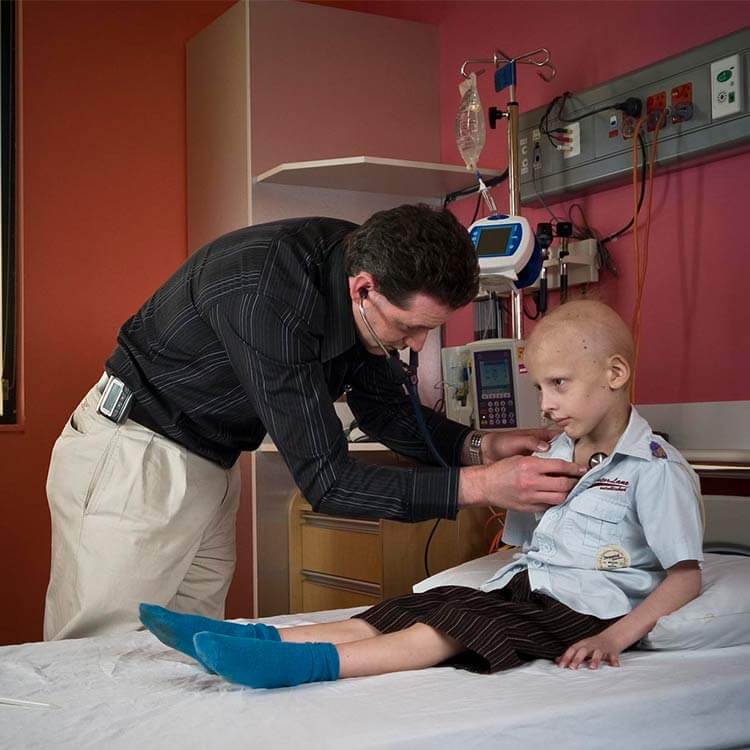Search

News & Events
New childhood brain tumour drugs to be testedIt is the kids he treats in his role as a paediatric oncologist that motivate Dr Nick Gottardo in his work as a The Kids Research Institute Australia cancer researcher.
News & Events
The Folate StoryNeural tube defects are birth defects of the brain or spinal cord. They happen mostly in the first month of pregnancy before many women know they are expecting.
News & Events
Lotterywest grant for new Institute computersSupport from Lotterywest will enable The Kids for Child Health Research to significantly upgrade its information technology infrastructure.
News & Events
Every Thursday: Discussion & Technical Seminar SeriesImproving health outcomes for pregnant women with allergic asthma and their babies: Thursday 22nd May.

News & Events
HBF Arena Open DaySunday 27 July: head to HBF Arena (formerly Joondalup Arena) for free kids activities and games between 9am-1pm.

News & Events
Pregnancy, Babies & Children's Expo PERTHDiscover what's best for you, your pregnancy, baby or child at the Pregnancy Babies & Children's Expo - the must see parenting event of the year!

News & Events
Pioneering skin sores research to improve health of children globallyA Northern Territory-based research project investigating alternative and more practical treatments for skin sores (impetigo) benefiting children worldwide.

News & Events
The best time for the next bub!A big decision for a lot of parents is when to try for another baby. The variation in timing can be enormous, from a few months to more than 10 years.
News & Events
Telethon Institute a key player in new national autism researchThe Telethon Institute will play a key role in a ground breaking, multi-million dollar Autism research centre announced by Prime Minister Julia Gillard.
News & Events
New study exposes link between pesticides and childhood brain tumoursA new Telethon Institute study has revealed a potential link between pesticide treatments in the home and a higher risk of children developing brain tumours.
